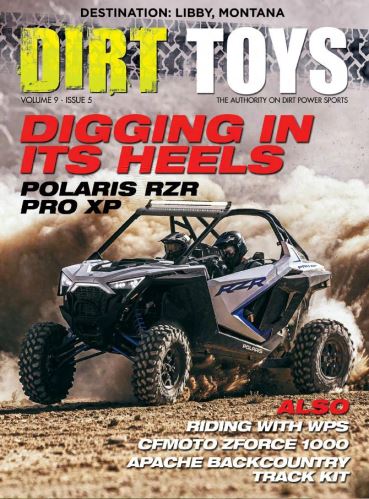Los Angeles - Today, the U.S. Environmental Protection Agency and U.S. Customs and Border Protection announced $94,700 in fines and more than 1,394 items, including engines, scooters and ATVs, that were recently seized, exported out of the country, or destroyed. This was the latest result of their continued joint operations, at the ports of LA, Long Beach and Oakland, targeting foreign-made vehicles and equipment without proper emission controls, as well as illegal pesticides, imported into the United States in violation of federal law. EPA estimates that the noncompliant vehicles and engines in its enforcement cases announced today would have emitted at least 215,000 pounds of nitrogen oxide (NOx) and hydrocarbons (HC) per year.
“EPA has been working diligently with CBP officers at the ports to ensure all items entering our nation comply with federal environmental standards,” said Jared Blumenfeld, EPA’s Regional Administrator for the Pacific Southwest. “We will continue our efforts to reduce pollution and protect consumers from illegal imports.”
Under the joint “Operation Stop Your Engine” initiative, EPA conducted inspections at the three California Ports and worked with CBP to investigate companies that had previously imported engines and vehicles. These inspections found that several companies imported vehicles and engines without certification or with emissions controls that did not meet specifications. Engines operating without adequate emission controls may emit excess carbon monoxide, hydrocarbons and oxides of nitrogen which can cause respiratory illnesses, aggravate asthma and lead to the formation of ground level ozone or smog.
In total, five companies paid more than $44,100 in civil penalties for federal Clean Air Act violations (Dirt Toys ED—we’re only focusing on the powersports companies that were fined):
Yamazuki, Inc.: imported 108 all-terrain vehicles (ATVs) from China without the proper label showing date of manufacture. In addition, an inspection found that the sampled catalyst did not conform to the description in the company’s application for certification. The company was required to destroy all ATVs or have them exported out of the country. The company also paid a $23,200 penalty.
CLC Logistics, Inc.: imported 1,070 recreational vehicle engines and 30 outboard motor engines from China without the proper labels or certificate of conformity. These spark-ignition engines were seized and will be exported out of the country. The company also paid a $7,133 penalty.
Joyner USA, Inc.: imported six all-terrain vehicles (ATVs) from China without the proper certificate. An inspection found that the sampled catalyst did not conform to the description in the company’s application for certification. The vehicles were seized and will be exported out of the country. The company was also required to pay a $4,100 penalty.
Infinity Source, Inc.: imported 150 chainsaws with engines from China that lacked proper emissions certification, labels, and engine displacement and manufacturer information. The company was required to export all chainsaws out of the country. The company was also required to pay a $1,300 penalty.
The Clean Air Act prohibits the importation or sale of any new engines or vehicles unless they are certified by EPA to meet federal emission standards. Every vehicle and engine sold in the U.S. must be covered by an EPA-issued certificate of conformity. To obtain a certificate of conformity, manufacturers or importers must submit an application to EPA that describes the engine or vehicle, including its emission control system. The application must also provide emissions data demonstrating that the engines and vehicles will meet applicable federal emission standards. For more information about importing vehicles and engines into the United States, please visit:http://epa.gov/otaq/imports/index.htm
CBP is the unified agency within the Department of Homeland Security charged with the management, control and protection of our nation's borders at and between the official ports of entry. It has regulatory authority for merchandise importation, re-export, seizure and forfeiture of unlawful products entering the CBP is charged with keeping terrorists and terrorist weapons out of the country while enforcing hundreds of U.S. laws. Please visit CBP’s Border Security webpage to learn how CBP secures the United States at our nation’s ports of entry at:http://www.cbp.gov/border-security/ports-entry

